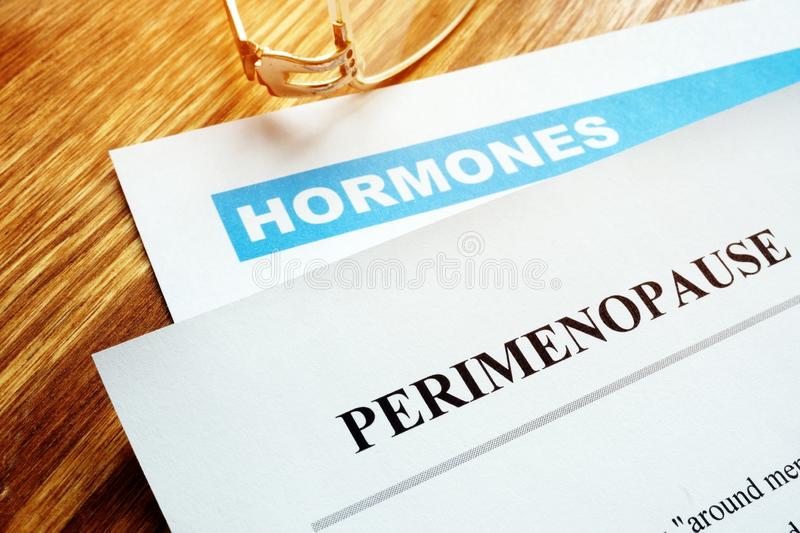News

PERIMENOPAUSE AND MENOPAUSE - HOW CAN DIET HELP?
These life stages are unique to each of us and can lead to a number of different symptoms.
For example
- Irregular periods, cramping, heavy flow,
- Joint pain,
- Hair loss, lack of condition
- Dry skin, lacklustre skin
- Hot flushes
- Night Sweats
- Fatigue, loss of enthusiasm for life, loss of libido
- Depression, mood swings.
As the ovaries stop manufacturing hormones oestrogen and progesterone, symptoms may begin. For example, oestrogen helps lift our mood so, when levels drop, we may feel depressed. Some women opt for hormone replacement therapy (HRT); others try natural remedies.
However, eating and avoiding, certain types of foods can make the menopause a lot more bearable.
Diet and Nutrition. What can we do?
Hot flushes /Night Sweats
Try to cut down on foods that are likely to trigger or worsen hot flushes and night sweats.
Avoid
- Stimulants such as coffee, alcohol
- chocolate
- spicy foods, especially at night.
Encourage
Eating of wholegrains have been shown to reduce hot flushes
Herbal teas – eg Black Cohosh Root, Ginseng, red clover – all may help reduce hot flushes.
Tiredness
Avoid snacking on sugary foods – can cause a sharp rise in your blood glucose level may be followed by a sharp dip which leaves you feeling tired and drained.
Instead
- Keep blood sugar balanced by including protein at evey meal.
- Swapping High white GI foods for Low Brown GI foods e.g white rice to brown rice.
- Snacks – hummus with oatcakes, apple with a little cashew butter spread on, a small handful of almonds, walnuts, etc.
Weight gain
Keep the blood sugar balanced – see above
- Avoid/limit alcohol
- Increase fibre as may help with insulin sensitivity
- Increase exercise especially strength training
- R and R – get good sleep and make time for yourself to relex. Thus reducing cortisol (stress) levels. Raised cortisol may be linked to weight gain.
Dry skin
Include
- Eat foods containing vitamin E e.g pumpkin, sunflower seeds (scatter over salads, yum!), almonds.
- And Omega 3 rich foods, eg. oily fish, avocado, Chia Seeds, Walnuts
Depression and irritability
Eat protein rich foods which contain the amino acid tryptophan e.g. turkey, chiekcn, salmon, edamame beans, cottage cheese, sweet potato, oats and legumes.
Why? - Tryptophan helps manufacture the neurotransmitter serotonin. Serotonin support good mood and sleep and appetite.
Don’t skip meals especially breakfast to keep our blood sugar stable. Rollercoaster dips of high and low energy may lean to mood swings an irritability.
Bone health
Women going through the menopause should increase their intake of food sources of calcium, magnesium, boron and vitamins D and K to maintain integrity of their bones.
- Calcium – not just dairy! Sesame seeds, almonds, brazil nuts, dark green vegetables, eg. broccoli.
- Magnesium – dark green vegetables, avocado, almonds, pumpkin and chia seeds
- Vitamin D – get outside! Oily fish, egg yolks, but always good to get this tested as we may need to supplement it.
- Vitamin K – beetroot, dark green leafy vegetables
- Boron – Apples, peaches, pears, grapes
Weight-bearing exercise is important too, but if you have been diagnosed with any form of bone loss, check with your doctor that you can exercise safely and effectively.
Avoid
High amounts of phosphorous – found in processed foods and fizzy drink. Why - Too much phosphorous in the diet accelerates the loss of minerals such as calcium and magnesium from bone.
Eat more phytoestrogens
These are natural compound found in plants and plant based foods which when eaten may have a similar effect to oestrogen produced by the body.
A high intake of phytoestrogens is thought to explain why hot flushes and other menopausal symptoms rarely occur in populations consuming a predominantly plant-based diet.
Eat More of:
- Flaxseeds, Sunflower and Sesame Seeds
- Good quality tofu
- Soybeans and Edamame beans. Miso.
- Berries
- Garlic
- Wheat germ
If you would like to chat and found out how I can support through this time, please do contact me.
